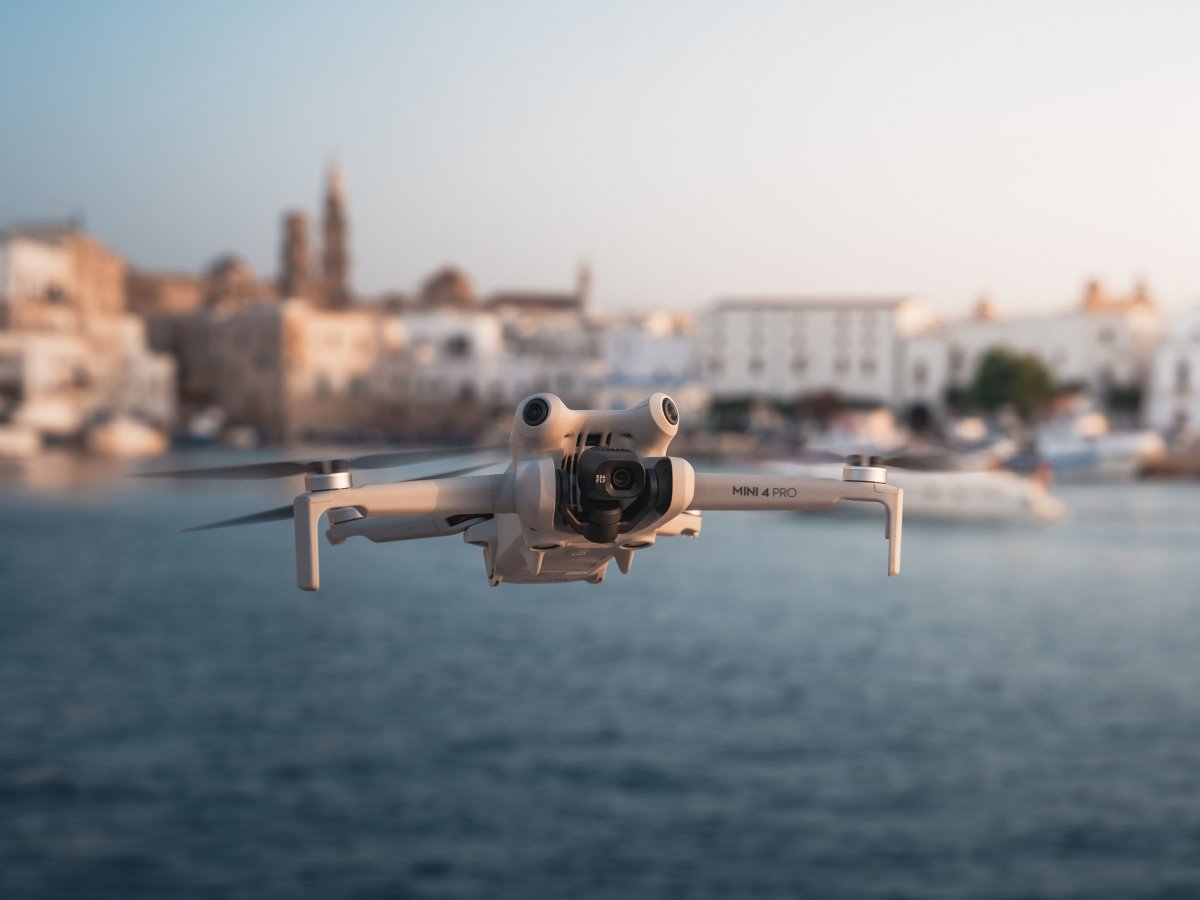
The release of the final text of the National Defense Authorization Act (NDAA) for fiscal year 2025 has sparked heated debate, especially concerning provisions targeting Chinese drone manufacturers, including DJI and Autel Robotics.
The proposed legislation incorporates measures from the Countering CCP Drones Act, aiming to add DJI to the Federal Communications Commission’s (FCC) Covered List, effectively barring its products from operating on US communications networks.
The move, championed by lawmakers such as Representative Elise Stefanik, equates DJI’s perceived national security risk to that of TikTok. Proponents of the ban allege that DJI drones could transmit sensitive data to the Chinese government.
In response, DJI has issued a strongly worded statement calling for evidence-based evaluations, fair processes, and a commitment to maintaining competition in the drone industry.
How NDAA FY25 impacts Chinese drone makers
The NDAA text includes several provisions aimed at reducing reliance on foreign technology in critical sectors:
- Section 162: Directs the Department of Defense to analyze and dismantle Chinese drones, identifying supply chain vulnerabilities and proposing strategies for sourcing components domestically.
- Section 1709: Mandates investigations into Chinese drone makers, including DJI, with the goal of potentially adding them to the FCC’s Covered List.
- Impact on DJI: If added to the Covered List, DJI would be unable to launch new products in the US, significantly limiting its market access.
This legislation is part of a broader trend to curb the use of Chinese technology in sensitive industries, reflecting geopolitical tensions and concerns over national security. However, critics argue that such measures could reduce access to advanced and cost-effective tools for critical operations.
Also see: Mysterious drones over New Jersey: What’s really happening?
DJI’s response to NDAA provisions
DJI has expressed its concerns about the NDAA’s implications, particularly the lack of specificity in the proposed security evaluations. In a statement to DroneDJ, the company emphasizes the importance of fairness and transparency:
“Chinese drones are singled out for scrutiny, and the current text does not designate a specific agency to undertake the required study. We call for the agency tasked with this work to be technical in nature to ensure the assessment is evidence-based.”
DJI notes that if no agency conducts the study, the legislation automatically adds DJI to the FCC’s Covered List, barring its new products from the US market:
“This means DJI would be prevented from launching new products in the US market through no fault of its own, but simply because no agency chose to take on the work of studying our products.”
The company also criticizes the lack of due process in the current provisions:
“There is no provision for any right of reply or due administrative process. If the NDAA passes with these provisions included, we call on a relevant technical intelligence agency to undertake an audit of our products, and we ask for a fair right of reply to any findings.”
DJI’s commitment to security and innovation
DJI reaffirms its dedication to the US market and its customers, highlighting its proactive efforts to ensure product security since 2017:
- Independent security audits: DJI products have been subjected to regular audits by third-party security experts.
- Enhanced privacy controls: The company has expanded privacy features in its drones to address user concerns.
- Advocacy for fairness: DJI supports initiatives aimed at enhancing drone security, provided they apply industry-wide and are grounded in technology, not geopolitics.
Also see: DJI sues US Department of Defense, claims financial harm from wrongful blacklisting
The statement concludes with a call for balance:
“Ensuring that drone operators have the freedom to choose the most reliable platforms for their operational needs is essential for fostering innovation and maintaining a competitive industry, both now and in the long term.”
The NDAA is expected to go to a vote later this week. If passed, its provisions could reshape the US drone market by limiting access to Chinese-manufactured drones. For DJI, the legislation underscores the challenges of navigating geopolitical tensions while maintaining a presence in the highly competitive US market.
As the debate continues, DJI’s response highlights a broader concern: the need for fairness, transparency, and evidence-based decision-making in addressing national security issues without stifling innovation. Whether lawmakers will heed these calls remains to be seen.
Read more: FCC confirms Mavic 4 Pro drone is coming, and it’s packed!
FTC: We use income earning auto affiliate links. More.






Comments